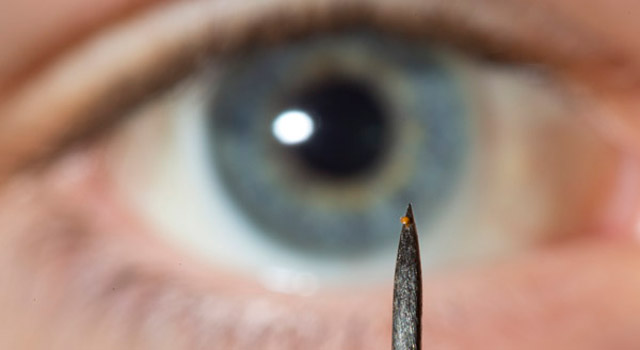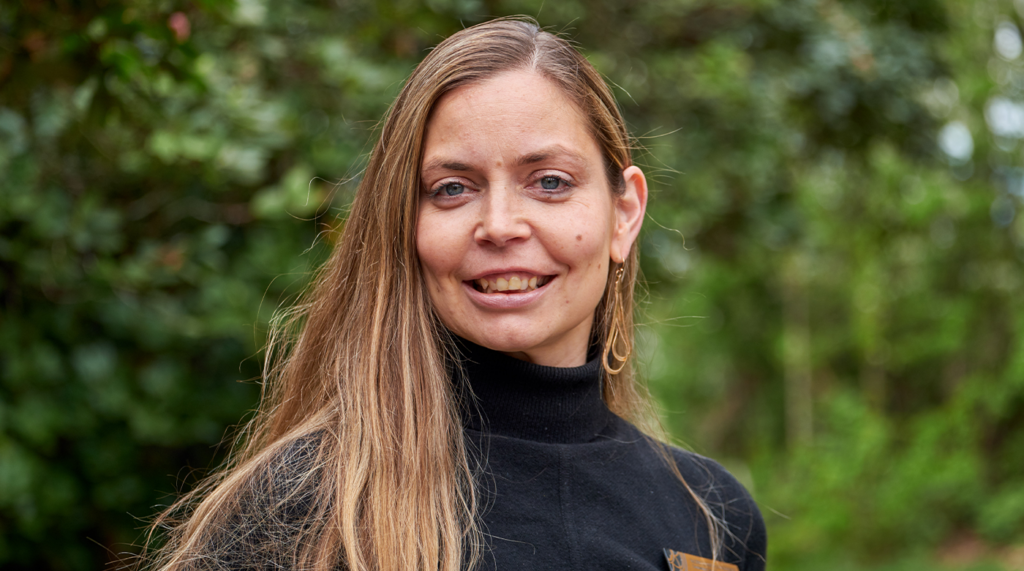Page 74 • (3,678 results in 0.043 seconds)
-
academics and surrounding environments.“It’s so tempting to think about what we do as academics and intellectuals as separate from what we do as living breathing humans, and that is not accurate,” Schaumberg said. PLU impressed Schaumberg with its dedication to a global and environmental mission statement reflecting this kind of connection. “I do think PLU is a place that is thinking about how this stuff applies in the world,” Schaumberg said. “And it’s thinking about what it means to connect
-

Saltwater Brewery of South Florida. Yup, you can eat these edible six pack rings (YouTube) that come along with beer or your favorite beverage. If you’re thinking that “edible” means humans are supposed to eat the packaging after you drink the product, don’t worry–these rings are really meant for animals, many of whom have been harmed or killed by traditional “plastic” six-pack packaging rings in the past. Not only are these containers edible, they are biodegradable and compostable as well. Instead of
-

is a pathway out of poverty for her students. “It’s so much more than learning algebra or language arts,” she said. “Education is building humans.” Note: To read more, check out the full profile piece on local educators who are PLU alumni. How YOU Can Make Real Difference With a Master’s Degree in Education:At Pacific Lutheran University, we are dedicated to equipping our graduate education students with the skills, tools, and knowledge needed to transform the field of education. Our Master of
-
fireworks blasting from the top of the Space Needle, chemists can envision things differently compared to other people. Inspecting a snowflake, I can envision the shape arising from the H2O molecules lining up in beautiful geometric arrays that are intrinsically, but invisibly, beautiful. When I’m munching on a spicy, deep fried jalapeño popper, I often recall the structure of capsaicin, why it’s “hot” and so deliciously fat-soluble. Chemistry describes the way that we, as humans, look at things at an
-

treat humans badly, we don’t treat animals badly and we shouldn’t treat the Earth badly,” he said. “When you get involved more, you start thinking about it more.” Tegels recently invested in an effort that goes beyond simply replacing quick car rides for leisurely bike rides, when he became the first customer for Parkland Light & Water to enroll in the net metering system. This process allowed him to become his own source of power generation, by powering his home through the installation of 10 solar
-

life.” Dahms was asked to join Sonnenberg – a professed “plant nut” – and Assistant Professor of Biology Neva Laurie-Berry to investigate altered forms of the receptor for the plant hormone jasmonate, a chemical that controls a plant’s response to infection and injury. In essence, the trio is trying to find out if, by manipulating its receptor, they can make the plant resistant to infection without residual side effects. Plants have fewer chromosomes than humans, so mutating one part to fight
-

normal. One size fits all is not going to work. We are collectively building a new future that requires fully alive humans who are connected to themselves, one another, and who carry hope. What are students saying they need from PLU? PLU students are a microcosm of the communities from which they came, reflecting the varieties of strengths, pains, health, struggles, and desires of their communities. They are looking for a place of belonging where they matter and their voice matters—in a real
-

, because while I love teaching skills and techniques, I really adore mentoring and getting to know my students better and helping them transition from student to peer. My main goal is to help them succeed in our field beyond PLU and there’s nothing I like better than to receive notices of shows and exhibitions with their names on the listings. What do you hope your students take away from your classes? I want them to be skillful artists, intentional communicators, and good humans. What makes you proud
-

beyond their assumptions. When Heath was designing the class back in 2016, he asked people what they thought were the most damaging things humans were doing and how they would redesign those systems. “I noticed people would get stuck on the fact that ‘This is just the way it is,’ ” Heath says. “The starship, and getting students to believe they are designing it, is essentially a trick to get them out of that box of ‘This is how things are.’” “(The goal is) to get students to really see some of the
-

of class, Heath’s goal is to convince students that they are actually building a starship. It’s the most important part of the course because the starship concept forces students to think beyond their assumptions. When Heath was designing the class back in 2016, he asked people what they thought were the most damaging things humans were doing and how they would redesign those systems. “I noticed people would get stuck on the fact that ‘This is just the way it is,’ ” Heath says. “The starship, and
Do you have any feedback for us? If so, feel free to use our Feedback Form.


